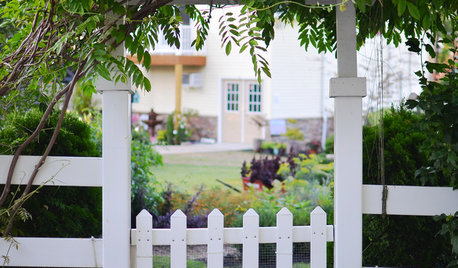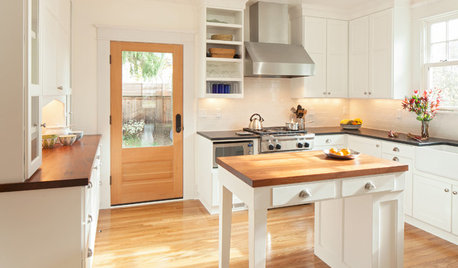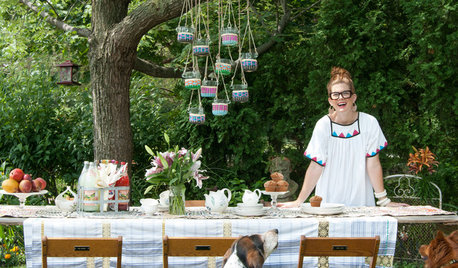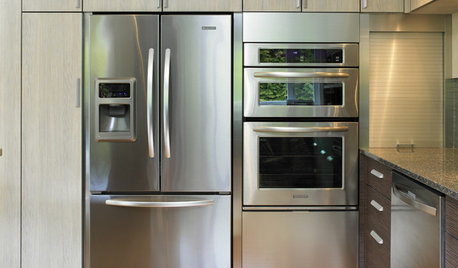Dropped sales
michaelhampton
18 years ago
Related Stories

SHOP HOUZZShop Houzz: Nautical Industrial Bedroom Sale
Drop anchor here to save up to 60% on bedding, headboards and decor with a maritime feel
Full Story0

Shop Houzz: An Iconic Modern Design Sale
Save up to 15% on classic midcentury chairs and tables
Full Story0

MOVING5 Risks in Buying a Short-Sale Home — and How to Handle Them
Don’t let the lure of a great deal blind you to the hidden costs and issues in snagging a short-sale property
Full Story
BUDGET DECORATING14 Ways to Make More Money at a Yard Sale — and Have Fun Too
Maximize profits and have a ball selling your old stuff, with these tips to help you plan, advertise and style your yard sale effectively
Full Story
SELLING YOUR HOUSEFix It or Not? What to Know When Prepping Your Home for Sale
Find out whether a repair is worth making before you put your house on the market
Full Story
SELLING YOUR HOUSEHow to Stage Your Kitchen for a Home Sale
Attract buyers with a kitchen that’s clean, bright and welcoming — no expensive overhaul required
Full Story
ECLECTIC HOMESMy Houzz: Garage Sale Meets Glam in Ohio
With their 5 kids grown up and moved out, a Euclid couple finally gets to design all for themselves
Full Story
SELLING YOUR HOUSEHow to Decorate for the Holidays When Your Home Is for Sale
You can make your home appealing to potential buyers and still celebrate the season. Here are 7 tips to keep in mind
Full Story
SELLING YOUR HOUSEYour Home-Selling Guide for a Faster and Better Sale
Learn staging and curb appeal tricks, how to get the best photos and more in this roundup focusing on high-impact house-selling strategies
Full Story
LIFEA Savvy Shopper's Secrets to Sales
Kelly Hancock knows a good deal when she sees it. Here's how she saves up to 75 percent off everything
Full Story





vouts
bonsai_audge
Related Professionals
Garden City Landscape Architects & Landscape Designers · Saint Louis Park Landscape Architects & Landscape Designers · East Patchogue Landscape Architects & Landscape Designers · Norwood Landscape Contractors · Brownsville Landscape Contractors · Deerfield Beach Landscape Contractors · Live Oak Landscape Contractors · Madera Landscape Contractors · Pahrump Landscape Contractors · South Hackensack Landscape Contractors · Tacoma Landscape Contractors · Wheat Ridge Landscape Contractors · Sun Valley Landscape Contractors · Vienna Handyman · San Jose Driveway Installation & Maintenancemiss_rumphius_rules
mylu
bruceNH
michaelhamptonOriginal Author
vouts
inkognito
trianglejohn
michaelhamptonOriginal Author
vouts
michaelhamptonOriginal Author
superphosphate